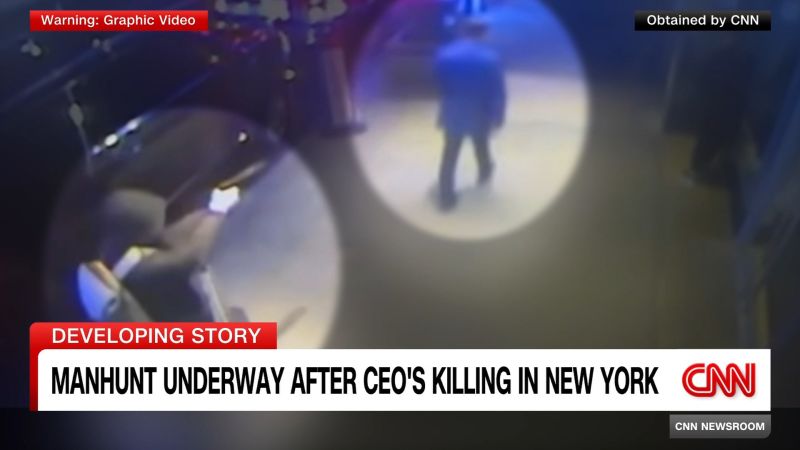
UnitedHealthcare CEO’s killing shows why companies spend millions to protect their top executives
CNN
UnitedHealthcare CEO Brian Thompson had an in-house security detail assigned to him during his trip to New York City, according to a source familiar with the company’s security, but the detail wasn’t with him when he was shot and killed in front of a hotel early Wednesday morning.
UnitedHealthcare CEO Brian Thompson had an in-house security detail assigned to him during his trip to New York City, according to a source familiar with the company’s security, but the detail wasn’t with him when he was shot and killed in front of a hotel early Wednesday morning. It’s common for top executives of major corporations to have personal security provided by their companies. Those measures are often significant expenses listed in corporate filings, though UnitedHealth Group, UnitedHealthcare’s corporate parent, doesn’t break out the cost in its own filings. The need to protect the safety of top officers and the cost of doing so has risen over the years, particularly for those high-profile executives whose businesses often generate controversy or criticism, such as health care. Most companies list the risk of the loss of their top executive, through death or other less dramatic departure, as a risk factor for investors to consider. Multiple major healthcare providers began increasing personal protection around top executives Wednesday following the shooting, security industry sources told CNN’s chief law enforcement and intelligence analyst John Miller. While UnitedHealthcare, as one of the nation’s largest health insurers, is well known, Thompson could hardly have been considered high profile before his killing. Still a source with knowledge of the investigation told CNN there were concerning threats against UnitedHealth Group and that the company was aware of these threats. Thompson’s name was not specifically mentioned, but the threats discussed going after high-level executives at the company.













